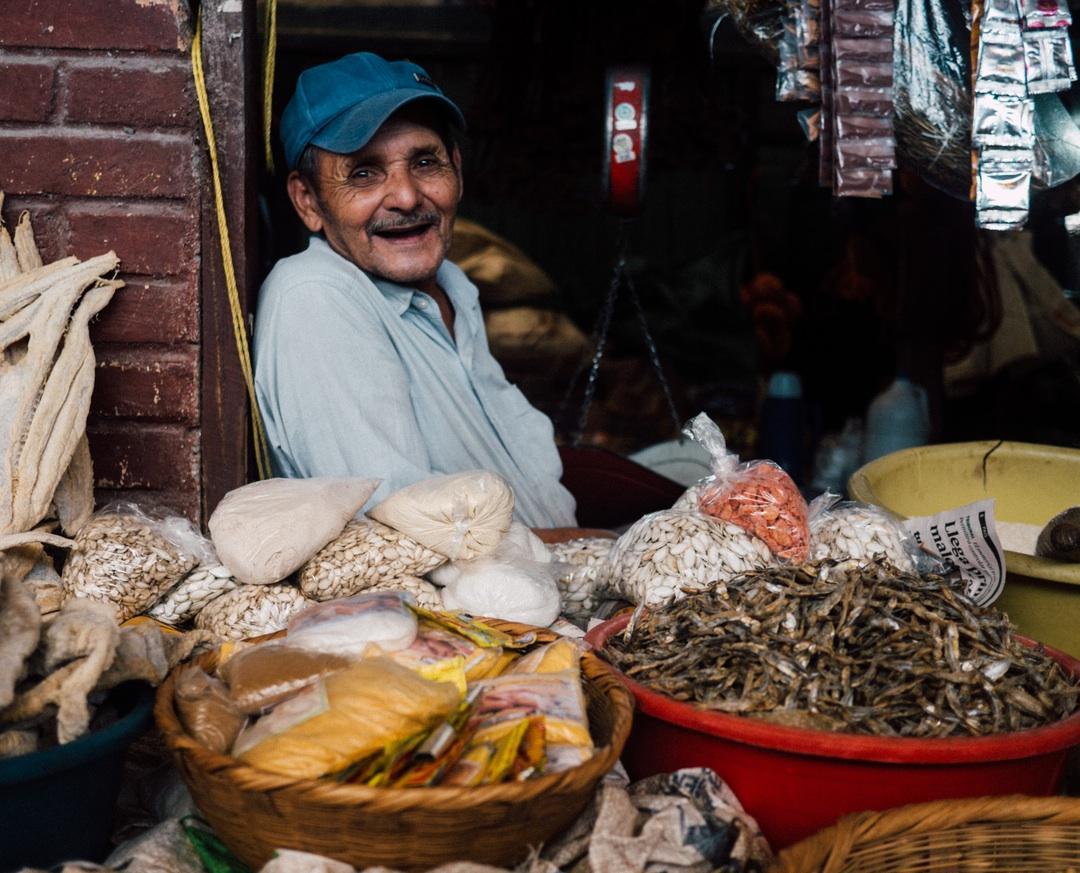
Eating for a long life
How should I live to make sure of living for a long time?"
It is a question people have always asked. Let us see what can be learnt from scientific research.
Findings in experiments on mice and rats show that cutting down on calorie intake is a pretty sure way of prolonging life. A steady high intake is associated with increased risk of inflammation and organ damage.1 Many researchers in this field suggest that the human body has over time adapted to the ’normal’ fact that energy from food is in short and often unsecure supply.
Unlike the data from mice and rats, similar investigations on apes have not produced clear-cut results: some of the studies support the idea that limited calorie intake prolongs life but others have not demonstrated any distinctive effects, one way or the other.

It is difficult to investigate the effects of lifestyle changes in people
It is not possible to carry out this kind of study with human subjects: it would amount to a controlled comparison between two groups of people whose life circumstances were identical except for one group consuming more calories than the other. And, of course, it would take about a century to follow up the outcomes!
Instead, we have to use less rigorous methods.
One possible approach is to record the human eating behaviours in parts of the world where an unusually large proportion of the inhabitants are very old. These places are the so-called “blue zones”. Such studies must be gone over with a fine toothcomb to control for other factors that could contribute to a high average age: climate conditions, for instance, or cultural practices or genetic influences.
Still, let us have a look at the findings:
What can we learn from Okinawa?

Okinawa is one of the Japanese islands. An unusually large proportion of the people on the island has celebrated their 100th birthday. The Okinawans tend to eat a lot of vegetables and, especially, make a point of choosing as many different colours as possible. Eating of a range of vegetables much greater than we do in the West means that the range of nutritious substances is increased. Sugar is used sparingly and mainly as a spice. Cereal is not a big component of their food and wheat is rare compared to oat, barley and rye. They cook only small quantities of meat.2
It is also striking how much of the “blue-zone” foodstuffs are sourced from nearby. On Okinawa, fish, algae and seaweed are important ingredients, and on the Greek island of Ikaria, where there is also an impressive line-up of 100-year-olds, the neighbourhood produces olive oil, peas and beans, spinach – and fish. It seems that local beats global every time.
80% satisfied
People’s lifespans can not only be affected by food ingredients but also by behaviours related to eating. On Okinawa, Hara hachi bu expresses an important rule: roughly, “eat until you are 80% satisfied.” The midday ‘dinner’ is the big meal of the day while people eat nothing during long stretches of the evening and night.
Recent research into the function of our biological clocks shows just why this ancient pattern of food intake is so healthy. There is a 24-hour rhythm in functions such as insulin release and glucose uptake by muscle that makes our body less good at digesting and metabolising in the evening. In the West, we typically eat the big meal late at night, contrary to both traditional wisdom and modern research.
More than just food

But eating the right things at the right time is not enough to ensure a long life. People on Okinawa, Ikaria and elsewhere with high average age get a lot of exercise daily through ordinary activities such as gardening, cycling and walking
They also pay much attention to moai, which means “meeting up for shared reasons”. This ancient drive towards togetherness strikes us as, in many ways, the opposite of contemporary individualism and its ideal of self-realization.
Good health is not only a matter of living for a long time but – more importantly – leading a life full of meaning.
How do you want to fill the years of your life?
